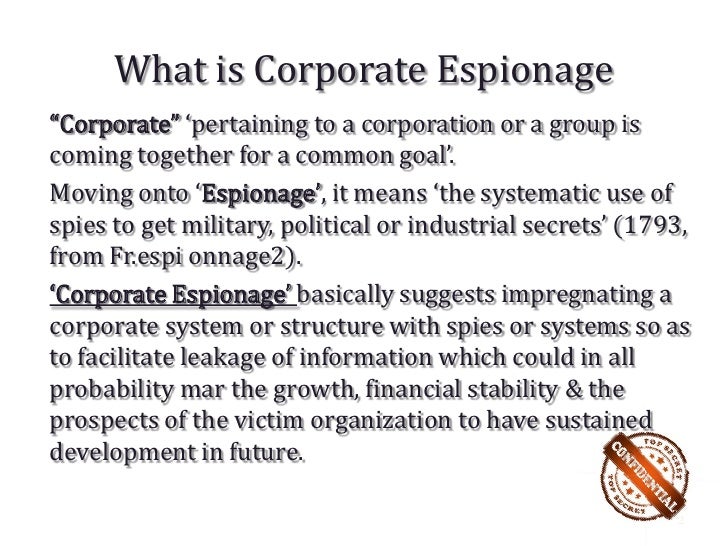
Disclosing classified information, including classified information to which a person had rightful legal access to at the time when they became aware of that information.Photographing or sketching any defense installation, or using aircraft to photograph any such installation, which can be compounded by charges of publishing or selling such representations.This can include the sale or other transfer of such information as provided above, or the sale or transfer of photographs, drawings, or other representations. Gathering or delivering such information as provided above to any foreign government or foreign agent.Gathering, transmitting, or losing defense information, including the gathering of information on bases, stations, vehicles, aircraft, and a wide variety of other national security assets, which may be injurious to the United States.Harboring or concealing any individual, whether domestic or foreign in origin, whom the concealing party has reason to believe has committed or is about to commit an offense under federal espionage laws.Statutes provide for a wide variety of different espionage crimes and charges depending upon the specific type of information that was disseminated or withheld and the security value of that information, as determined by competent authorities. has increased the depth and scope of its operations around the world, more and more civilian contractors have also been required to familiarize themselves with these laws. As most individuals who come into contact with sensitive intelligence and defense information are politicians or members of the military, most people are not familiar with the requirements of such laws. Strict federal espionage laws have been on the books since the early 20th century. Whenever someone is made the custodian of classified information, such as defense or intelligence information, espionage charges are possible for willfully or negligently providing that information to any unauthorized party. Since 9/11, the frequency and harshness of espionage case prosecution has increased. The motivating factor in most cases of espionage is the collection and provision of sensitive information from the United States government to other entities or agencies abroad. Some US allies abuse the access they have been granted to try to clandestinely collect critical information that they can use for their own economic or political advantage.Espionage is a broad category of federal crimes defined by 18 USC Chapter 37.

China and Russia are our most aggressive and capable adversaries using economic espionage.Ĭhina and Russia are not the only perpetrators of espionage against sensitive US economic information and technology. The requirement to move quickly and unabashedly leaves American companies vulnerable as they flock into spy-rich developing nations. American companies are driven into developing markets by shareholders, growth ambitions, and the desire to beat Wall Street's quarterly earnings expectations. The second CI challenge is tied to the nature of public corporations. CI measures absorb company resources that would otherwise be used for growth. This is in large part because counterintelligence is not a typical corporate function, even for well-trained and well–staffed security professionals.Ĭounterintelligence is a challenge for corporations for two reasons. The private sector alone lacks the resources and expertise to thwart foreign efforts to steal critical American know-how. Without corrective action that mobilizes the expertise of both the Federal Government and the private sector, the technologies cultivated by American minds and within American universities are at risk of becoming the plunder of competing nations at the expense of long-term U.S. Espionage against the private sector increases the danger to long-term U.S. Their efforts compromise intellectual property, trade secrets, and technological developments that are critical to national security.

These adversaries use traditional intelligence tradecraft against vulnerable American companies, and they increasingly view the cyber environment-where nearly all important business and technology information now resides-as a fast, efficient, and safe way to penetrate the foundations of our economy.

Today, foreign intelligence services, criminals, and private sector spies are focused on American industry and the private sector. Nazi spies during World War II tried to penetrate the secrets behind our aviation technology, just as Soviet spies in the Cold War targeted our nuclear and other military secrets. They frequently avoid using standing armies, shirk traditional spy circles, and go after the heart of what drives American prosperity and fuels American might.


 0 kommentar(er)
0 kommentar(er)
